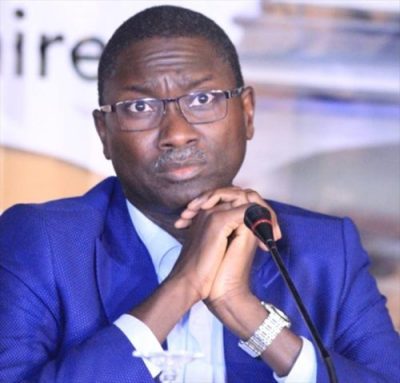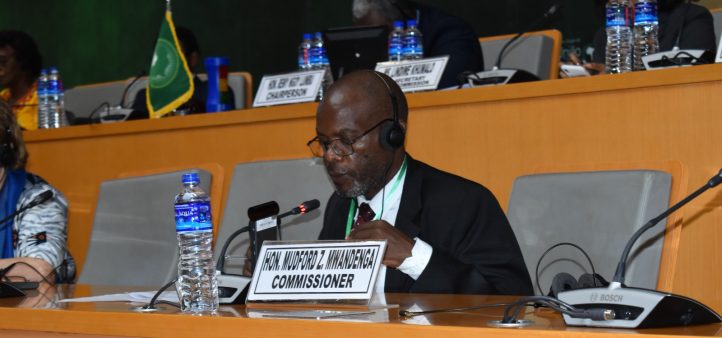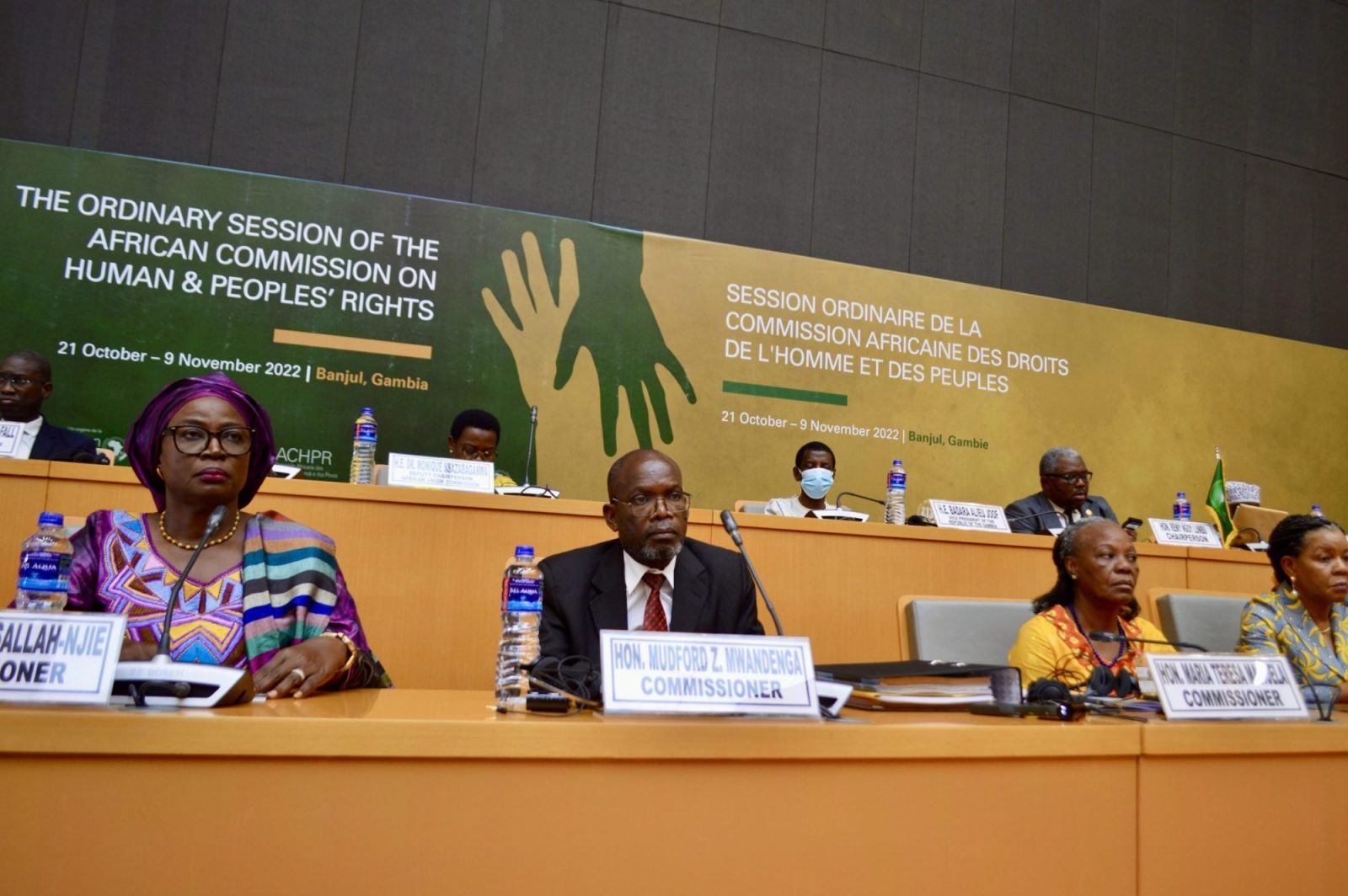On 11 May 2023, in compliance with Article 62 of the African Charter, the African Commission reviewed the periodic report of the Republic of Senegal covering the period 2015-2022 which outlines the progress made in implementing the provisions of the African Charter in accordance with the guidelines for State Party Reporting on Civil and Political Rights, Economic, Social and Cultural Rights and the Additional Protocol to the Charter on the Rights of Women in Africa (the Maputo Protocol).
During the presentation of their report online, the delegation of Senegal, led by Ismaïla Madior Fall, the Ministry of Justice, highlighted that between 2014 and 2022, the Government had taken significant steps to enable the Senegalese Human Rights Commission (CSDH) to comply with the Paris Principles, and to regain the A status that it lost in 2012. Indeed, the Government took several measures such as the drafting of a bill to reform the CSDH, which had been submitted to the SGG and is awaiting adoption, the establishment of the Human Rights Directorate as the main organ for the promotion and protection of human rights through Decree No. 2018-1070 of 31 May 2018 on the organisation of the Ministry of Justice, the adoption of the law No. 2016-30 of 8 November 2016 on the mining code, and the strengthening of the enjoyment of the Freedom of assembly and of association which are guaranteed by articles 10 and 11 of the Constitution. Out of 6256 declarations received by the Ministry of the Interior, only 119 were banned.
The presentation of the report was followed by questions and observations from members of the African Commission on their thematic mandates. All Commissioners welcomed the submission of its periodic report by the government of Senegal, commended the progress made in the promotion and protection of human rights and took note of the inclusive process for the preparation of the report.
In accordance with its international commitments, Senegal has since 2018 initiated a process of drafting a law on the protection of human rights defenders. On 15 June 2021, a workshop was organised in this regard to share the preliminary draft law. It brought together State authorities and civil society organisations to present the text. Pending the adoption of this law, Commissioner Rémy Ngoy Lumbu, the Chairperson of the African Commission and Special Rapporteur on the situation of human rights defenders and focal point on reprisals in Africa, told the government that ‘we are all human rights defenders, including the government’.
In his conclusion, Commissioner Ngoy Lumbu asked the Government: ‘Could you provide an update on the status of the process for the adoption of the law on the protection of human rights defenders and enlighten us on the measures taken to ensure the effective implementation of international and regional instruments that protect human rights defenders, in particular the UN Declaration on the Protection of Human Rights Defenders?’
As a general observation, Commissioner Maya Sahli-Fadel, Country Rapporteur for Senegal, noted that, as States are required to report on the implementation of the African Charter under its article 62, those that have ratified the Maputo Protocol are required to fulfil their commitment by reporting on the implementation of the Protocol’s provisions under article 26. The report of Senegal does not provide a specific report on the implementation of the provisions of the Maputo Protocol, but only some provisions on the Maputo Protocol on page 46. She also seized the opportunity to draw the attention of the Senegalese government to the necessity of ratifying a number of human rights instruments.
‘Has the Senegalese government taken steps to ratify other instruments?’, Commissioner Maya Sahli-Fadel asked. ‘Namely, the Kampala Convention on the Protection and Assistance to Internally Displaced Persons in Africa, the Protocol to the African Charter on the Rights of Persons with Disabilities in Africa, the Protocol on the Statute of the African Court of Justice and Human Rights (signed in 2008), and the African Charter on Democracy and Governance (signed in 2008)?’
Regarding the effective implementation of the Maputo Protocol in Senegal, Commissioner Janet Sallah-Njie, Special Rapporteur on the rights of women in Africa, asked the delegation what efforts had been undertaken in Senegal to translate the Maputo Protocol into national languages; and whether the government had developed capacity building programmes, which include awareness-raising campaigns on all forms of discrimination against women and girls, to train law enforcement officials about discrimination against women.
Watch the review here
Download as PDF




